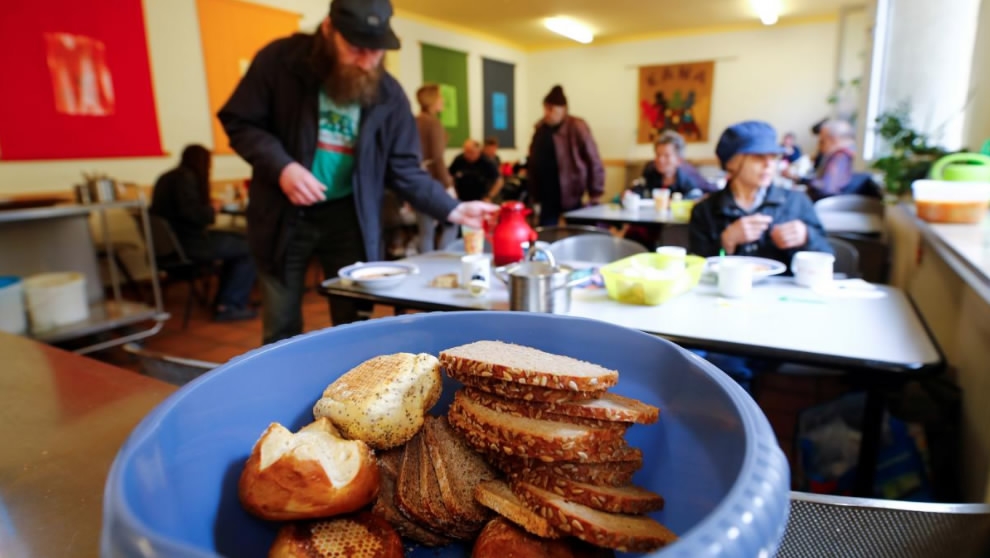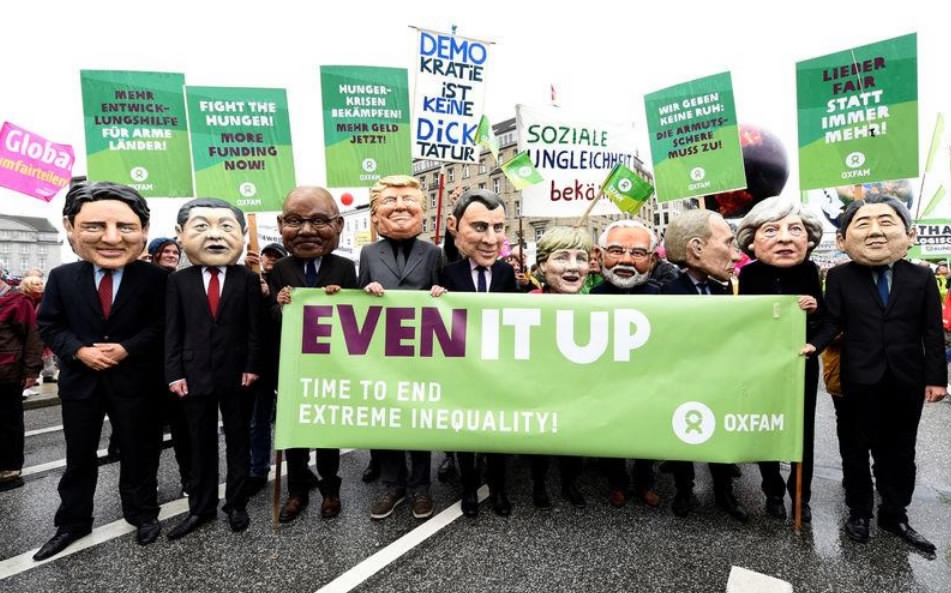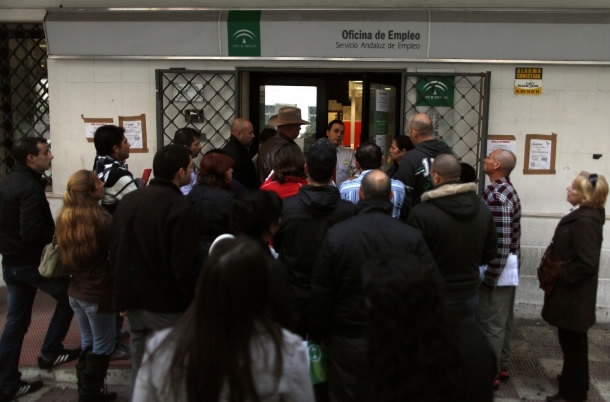
Business
14:23, 28-Jan-2018
Study paints bleak picture of Germany's wealth distribution
By Nadeem Gill

The German Institute for Economic Research in a paper released earlier this week claims that wealth distribution in Germany is even worse than initially thought.
A team of tax experts examined the wealth statistics for Germany, France and Spain in a discussion paper, "Looking for the missing rich: Tracing the top tail of the wealth distribution," for the German Institute for Economic Research (DIW).
DIW published the study to coincide with the gathering of some of the world’s wealthiest people at the World Economic Forum in Davos, Switzerland.
It revealed that the 45 richest people in Germany own as much wealth as the bottom half of the population.
Each group possessed a total of 214 billion euros in assets in 2014, it said.
The study looked into the wealth statistics from the European Central Bank (ECB), augmenting them with lists identifying the ultrarich, an approach that presented wealth inequality as much higher than reflected in the ECB statistics.

Oxfam’s Big Heads depict G20 leaders take part in protests ahead of the upcoming G20 summit in Hamburg, Germany July 2, 2017. /Reuters Photo
Oxfam’s Big Heads depict G20 leaders take part in protests ahead of the upcoming G20 summit in Hamburg, Germany July 2, 2017. /Reuters Photo
The ECB has previously called wealth distribution in Europe's most powerful economy as extremely unequal.
The richest 5 percent in Germany owned 51.1 percent of the country's entire wealth in 2014, the study said, which according to the ECB statistics, was 31.5 percent of the nation's wealth in the same year.
One percent of the households in the country holds a third of the wealth as compared to ECB numbers of 23.6 percent, according to the DIW study.
It further said that 0.1 percent controls 17.4 percent, compared to 6.3 percent shown in ECB figures.
Four hundred households, 0.001 percent own 4.7 percent of the wealth, it added, saying that it is twice as much as the roughly 20 million families that make up the impoverished half of the country.
The poorer half of the population in Spain owns less than 12 percent of the country's total wealth, the study said.
In France, it is slightly above 6 percent.
The situation in Germany is much worse, where 10 percent of households own about two-thirds of the country's wealth.
It is not the first time that such a comparison has been made. Germany's central bank, the Bundesbank, released in 2016 a study saying that the country had greater wealth inequality than other European countries.
The global scenario
The development charity Oxfam also launched a report this week, underlining the inequality gap and calling for action to prevent the increasing gap between rich and poor.
The report showed that 42 people own wealth equal to that of the poorer half of the world’s population, or 3.7 billion people.

Security worker opens the door of a government job center as people wait to enter in Marbella, Spain, December 2, 2011. /Reuters Photo
Security worker opens the door of a government job center as people wait to enter in Marbella, Spain, December 2, 2011. /Reuters Photo
One billionaire has been created every two days over the last 12 months, in sharp contrast to 50 percent of the world's population that has seen no positive change, it said.
Oxfam said the wealthiest 1 percent grabbed 82 percent of the global wealth in 2017, calling it an “unacceptable and unsustainable” trend.
"The concentration of extreme wealth at the top is not a sign of a thriving economy but a symptom of a system that is failing the millions of hard-working people on poverty wages who make our clothes and grow our food," said Mark Goldring, chief executive of Oxfam GB.
(Cover Photo: One-day-old bread from a food bank lies in a basket as people in need eat a vegetable soup in the soup kitchen "Kana" in a poor district of the city of Dortmund, western Germany, April 7, 2017. Picture taken April 7, 2017. /Reuters Photo)

SITEMAP
Copyright © 2018 CGTN. Beijing ICP prepared NO.16065310-3
Copyright © 2018 CGTN. Beijing ICP prepared NO.16065310-3